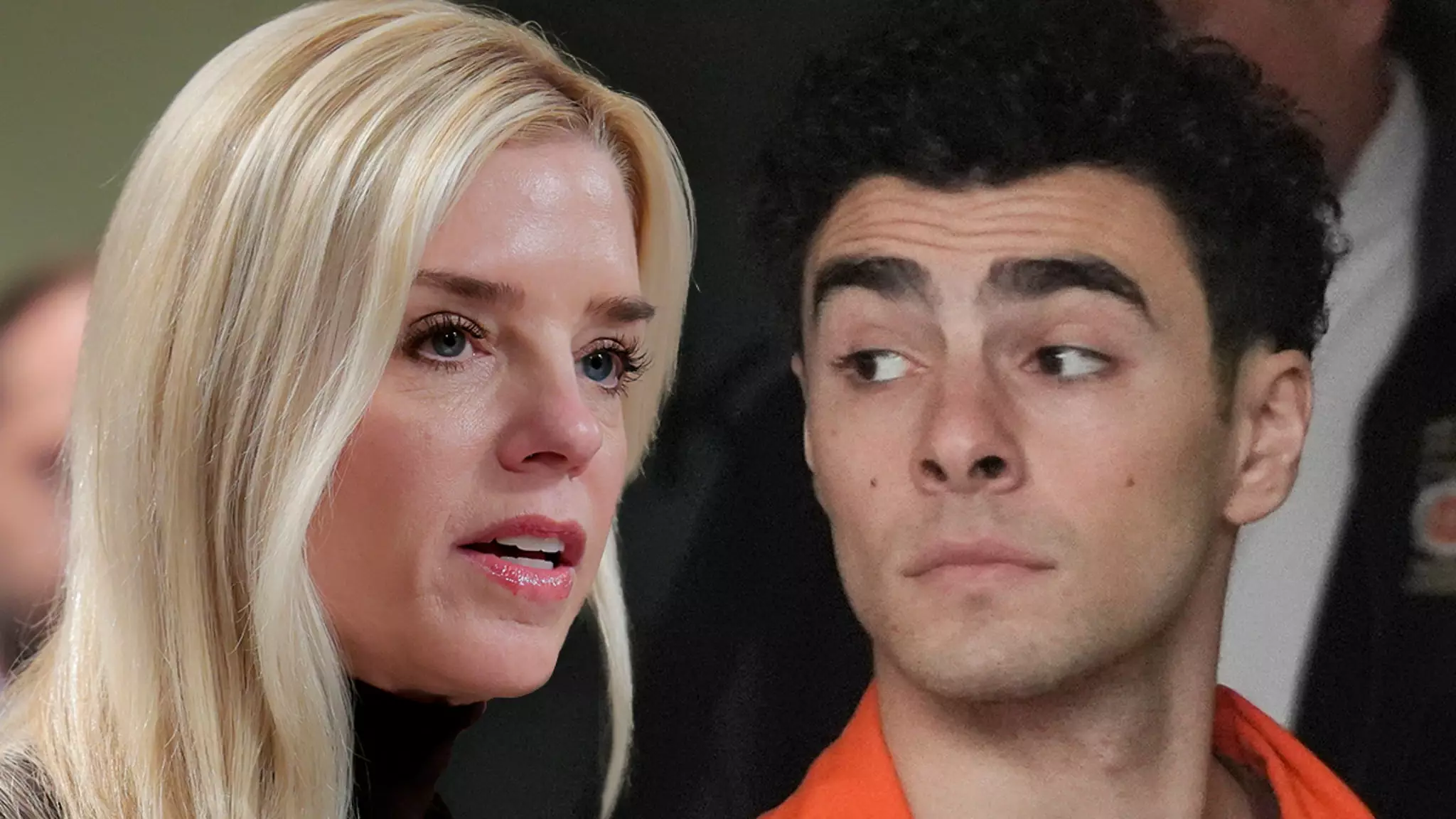In a case that has spiraled into a maelstrom of political machinations and moral ambiguity, the prosecution of Luigi Mangione raises ethical questions about the motivations and methods of law enforcement agencies in the United States. With Attorney General Pam Bondi’s recent push for the death penalty following the alleged murder of UnitedHealthcare CEO Brian Thompson, a disturbing narrative unfolds, blending elements of judicial overreach with the distressing realities of mental health and systemic failings within the justice system.
Mangione’s attorney, Karen Agnifilo, has not pulled any punches in her condemnation of the Justice Department’s actions. By labeling the pursuit of the death penalty as a descent into barbarism, she casts a spotlight on the inconsistencies and contradictions that permeate the case. It is alarming to witness a government that professes to protect society from violence resorting to state-sponsored execution as a means of retribution. This reflects a broader trend where the legal system appears to prioritize punitive measures over rehabilitation and justice, revealing the darker inclinations of a system that seems to thrive on punishment rather than reform.
A Political Stakes Game
At the heart of this case lies not merely the issues of crime and punishment, but a complex political landscape where the stakes are alarmingly high. Bondi’s alignment of this case with President Trump’s agenda to “Make America Safe Again” suggests an intention to leverage Mangione’s situation for political gain. In an era where the death penalty is becoming emblematic of a tough-on-crime approach, it is important to scrutinize whether the drive for capital punishment in this instance is truly justified or if it is a tragic reflection of political opportunism.
The details surrounding Mangione’s charges elevate the discourse from one of mere legality to one concerning the very foundations of ethical jurisprudence. With an array of state and federal charges, including premeditated murder and firearms offenses, the legal labyrinth Mangione finds himself trapped in speaks to a system that often seems more interested in spectacle than justice. Moreover, the public’s visceral reaction to the case, evident from the crowds rallying in his support, suggests that societal contradictions regarding crime, punishment, and empathy continue to thrive.
Health, Crime, and a Broken System
The juxtaposition of this case against the backdrop of the American healthcare system adds another layer of complexity. Agnifilo’s assertion that the government is enabling a “broken, immoral, and murderous healthcare industry” underscores deep societal frustrations regarding healthcare accessibility and the systemic issues plaguing mental health services. As Mangione stands accused of an act stimulating fear and horror, it compels us to consider whether we are addressing the root causes of violence adequately or merely creating scapegoats to absorb our collective anxieties.
The intertwining narratives of individual tragedies and systemic failures present a troubling imagery of a society grappling with its demons. Are we genuinely concerned about justice, or are we merely participating in a ritualistic display of vengeance? With the death penalty looming over Mangione, the urgency for a conversation about the intersections between crime, mental health, and justice has never been more critical. This case is emblematic of larger societal issues; the question we must grapple with is whether we are prepared to acknowledge them or continue down a path laden with retribution and power plays.

